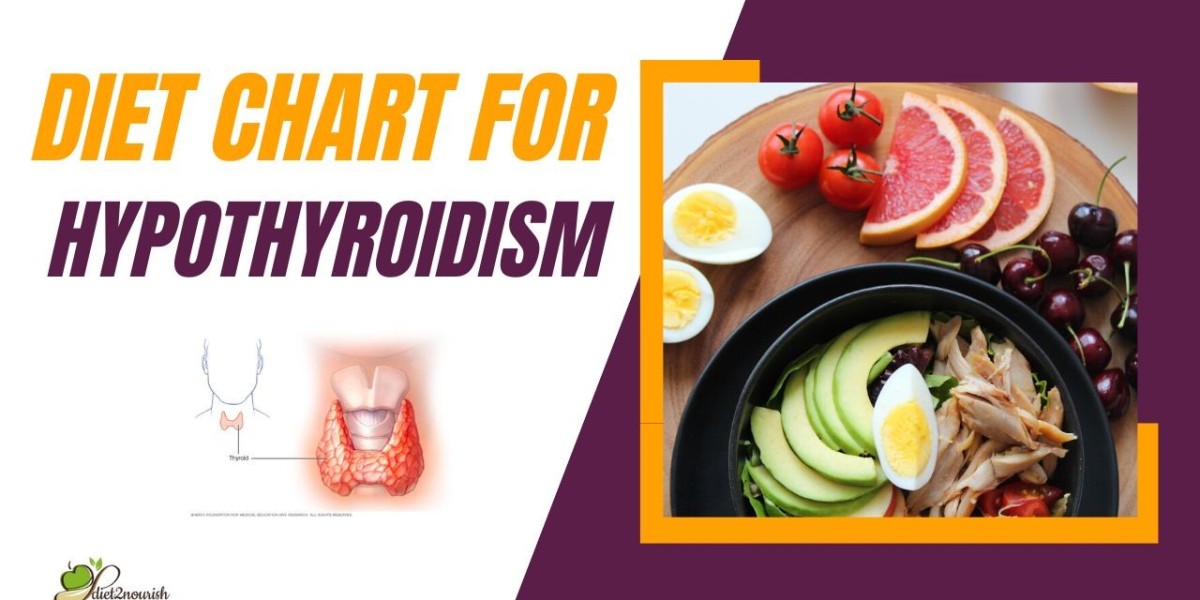This can lead to a number of symptoms, including fatigue, weight gain, constipation, and sensitivity to cold.
A hypothyroidism diet is a diet that is designed to help people with hypothyroidism manage their symptoms and improve their overall health. This diet focuses on foods that are rich in nutrients and low in calories. It is also important to avoid foods that can interfere with the absorption of thyroid hormone, such as goitrogenic foods.
What to eat on a hypothyroidism diet
Here are some foods that you can eat on a hypothyroidism diet:
- Fruits and vegetables: Fruits and vegetables are low in calories and high in nutrients, including vitamins, minerals, and antioxidants. They are also a good source of fiber, which can help to regulate digestion.
- Lean protein sources: Lean protein sources, such as chicken, fish, beans, and tofu, are low in saturated fat and calories. They are also a good source of protein, which is essential for building and repairing tissues.
- Healthy fats: Healthy fats, such as avocados, nuts, seeds, olive oil, and fatty fish, can help to improve thyroid function and reduce inflammation.
- Whole grains: Whole grains are a good source of fiber, vitamins, and minerals. They can also help to improve thyroid function.
What to avoid on a hypothyroidism diet
Here are some foods that you should avoid on a hypothyroidism diet:
- Goitrogenic foods: Goitrogenic foods are foods that can interfere with the absorption of thyroid hormone. Examples of goitrogenic foods include cabbage, broccoli, cauliflower, Brussels sprouts, and soybeans.
- Processed foods: Processed foods are often high in unhealthy fats, sugar, and salt. They can also be low in nutrients.
- Sugary drinks: Sugary drinks are high in calories and sugar. They can also be low in nutrients.
- Alcohol: Alcohol can interfere with the absorption of thyroid hormone.
Sample meal plan for a hypothyroidism diet
Here is a sample meal plan for a hypothyroidism diet:
Breakfast:
- Oatmeal with berries and nuts
- Yogurt with fruit and granola
- Eggs with whole-wheat toast
Lunch:
- Salad with grilled chicken or fish, quinoa, and roasted vegetables
- Soup and sandwich on whole-wheat bread
- Leftovers from dinner
Dinner:
- Salmon with roasted vegetables and brown rice
- Chicken stir-fry with brown rice
- Lentil soup with whole-wheat bread
Snacks:
- Fruits and vegetables
- Nuts and seeds
- Yogurt
This is just a sample meal plan, and you can adjust it to fit your own preferences and dietary needs. Be sure to choose healthy, unprocessed foods and drinks, and avoid sugary drinks and processed foods.
Tips for following a hypothyroidism diet
Here are some tips for following a hypothyroidism diet:
- Make gradual changes. Don't try to change your entire diet overnight. Start by making small changes, such as adding one more serving of fruits and vegetables to your diet each day or limiting your intake of sugary drinks.
- Find healthy substitutes for unhealthy foods. If you love french fries, try baking or air-frying them instead of frying them in oil. If you love ice cream, try frozen yogurt or a smoothie instead.
- Cook more meals at home. This will give you more control over the ingredients in your food.
- Read food labels carefully. Pay attention to the serving size and the amount of saturated fat, trans fat, and cholesterol in each serving.
If you have any questions or concerns about following a diet for hypothyroidism, be sure to talk to your doctor. They can help you create a personalized diet plan that meets your needs and goals.
Additional tips for managing hypothyroidism
In addition to following a healthy diet, there are a few other things you can do to manage your hypothyroidism:
- Take your thyroid medication as prescribed by your doctor.
- Get regular exercise. Exercise helps to improve thyroid function and reduce symptoms of hypothyroidism. Aim for at least 30 minutes of moderate-intensity exercise most days of the week.
- Manage stress. Stress can worsen the symptoms of hypothyroidism. Find healthy ways to manage stress, such as exercise, yoga, or meditation.
- Get enough sleep. Sleep is essential for overall health and well-being. Aim for 7-8 hours of sleep per night.
By following these tips, you can help to manage your hypothyroidism and improve your overall health.


